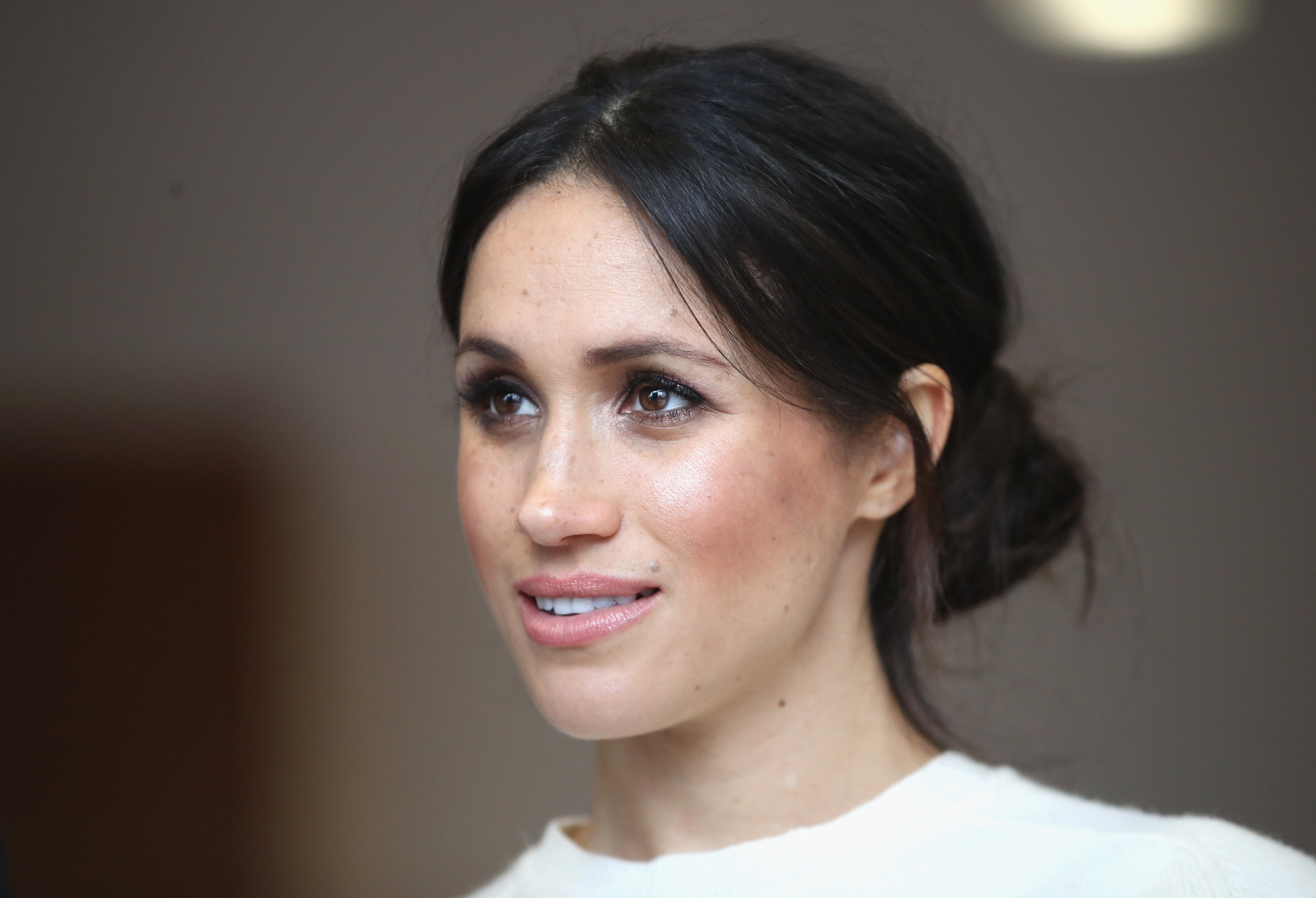This website uses cookies so that we can provide you with the best user experience possible. Cookie information is stored in your browser and performs functions such as recognising you when you return to our website and helping our team to understand which sections of the website you find most interesting and useful.

The Duchess of Sussex has revealed she suffered a miscarriage in the summer.
Writing in The New York Times, Meghan recalls a morning in July changing the nappy of her son, Archie Harrison Mountbatten Windsor, when she felt a “sharp cramp".
“I dropped to the floor with him in my arms, humming a lullaby to keep us both calm, the cheerful tune a stark contrast to my sense that something was not right,” the Duchess writes.
“I knew, as I clutched my firstborn child, that I was losing my second.”
The 39-year-old explains how she found herself in a hospital bed hours later with the Duke of Sussex by her side.
“I felt the clamminess of his palm and kissed his knuckles, wet from both our tears,” she writes.
“Staring at the cold white walls, my eyes glazed over. I tried to imagine how we’d heal.”
Meghan goes on to recall feeling “exhausted” on her tour to South Africa with Prince Harry last year, which was the subject of an ITV documentary.
The couple’s tour to South Africa marked their first official duty with their son, Archie Harrison, who was just four-months-old at the time.
The purpose of the tour was to highlight the work of numerous charities and issues, such as gender-based violence. The couple also made a visit to meet Archbishop Desmond Tutu with their son.
The documentary was hosted by the broadcaster Tom Bradby, who has known Prince Harry for years.
In Meghan’s article, she recalls Bradby asking her if she was “OK” during filming in a now-infamous moment in the documentary.
“I answered him honestly, not knowing that what I said would resonate with so many — new moms and older ones, and anyone who had, in their own way, been silently suffering,” Meghan writes.
"My off-the-cuff reply seemed to give people permission to speak their truth. But it wasn’t responding honestly that helped me most, it was the question itself.
“'Thank you for asking’, I said. ‘Not many people have asked if I’m OK’.”
The couple announced they would be stepping down from their roles in the royal family in January, just three months after the ITV documentary aired.
Meghan continues her essay by opening up about Prince Harry's reaction to the miscarriage.
"Sitting in a hospital bed, watching my husband’s heart break as he tried to hold the shattered pieces of mine, I realised that the only way to begin to heal is to first ask, 'Are you OK?'"
The Duchess references the “loss and pain" that has dominated 2020 due to the pandemic.
"We’ve heard all the stories: A woman starts her day, as normal as any other, but then receives a call that she’s lost her elderly mother to Covid-19," she writes before explaining an all-too-common scenario in which someone dies within weeks of testing positive for coronavirus.
Meghan then references Breonna Taylor, a black 26-year-old medical worker who was fatally shot by police while sleeping in her flat in Louseville, Kentucky.
"She doesn’t live to see the morning because a police raid turns horribly wrong," she adds before going on to discuss the killing of George Floyd, whose death at the hands of a white police officer in Minneaspolis sparked furious protests around the world.
"On top of all of this, it seems we no longer agree on what is true," Meghan writes.
"We aren’t just fighting over our opinions of facts; we are polarised over whether the fact is, in fact, a fact."
Meghan goes on to discuss the dangers of what she refers to as "siloed living" i.e. not stopping to ask people if they are ok, referring to how she regrets not stopping to speak to a sobbing woman whom she saw on the streets of New York City years ago.
The Duchess concludes her essay by describing the "unbearable grief" of losing a child, and the unfortunate frequency with which it occurs.
According to the NHS, roughly one in eight pregnancies will end in miscarriage among women who know they’re pregnant.
"Yet despite the staggering commonality of this pain, the conversation remains taboo, riddled with (unwarranted) shame, and perpetuating a cycle of solitary mourning," she writes.
Meghan calls for readers to commit to asking one another if they are OK, a question that she argues is needed now more than ever.
"For the first time, in a long time, as human beings, we are really seeing one another," she writes. "Are we OK? We will be."
If you have been affected by any of the issues raised in this article, you can contact stillbirth and neonatal death charity Sands on 0808 164 3332 or email helpline@sands.org.uk. The helpline is open from 9.30am to 5.30pm Monday to Friday, and until 9.30pm on Tuesday and Thursday evenings.
You can contact the Miscarriage Association helpline on 01924 200799 or email the charity at info@miscarriageassociation.org.uk. The helpline is open from 9am to 4pm Monday to Friday.
You can also find bereavement support at The Lullaby Trust by calling 0808 802 6868 or emailing support@lullabytrust.org.uk.
To contact Petals to enquire about the charity’s counselling services, you can call 0300 688 0068 or email counselling@petalscharity.org.



 Africana55 Radio
Africana55 Radio 
